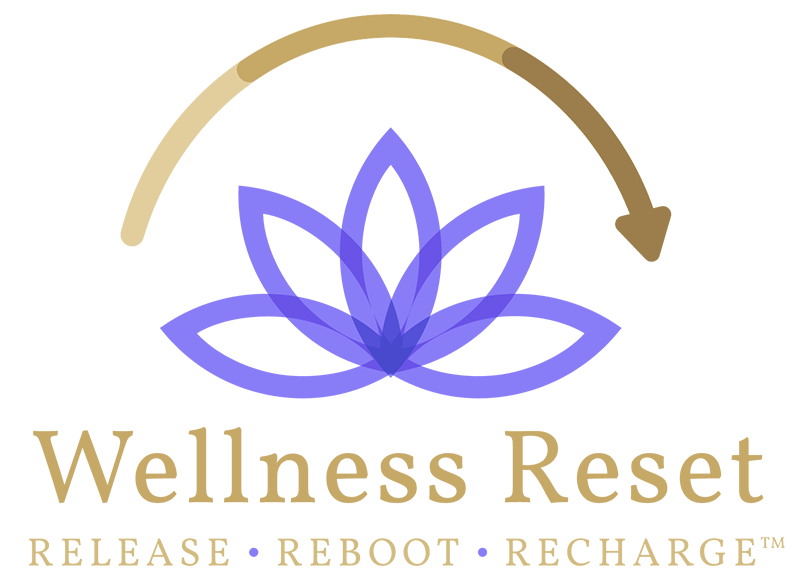Agency Crisis Support
How does it work?
ONLINE MINDFULNESS SESSIONS
These are short, 20-30 mins., virtual opportunities for providers to experience techniques for reducing the toxic stress they experiencing every day and now compounded by the work and home environmental changes created by the pandemic even in it’s wake. Utilizing a distance learning platform, participants will spend 5-10 minutes reviewing the impact of compassion fatigue and other toxic stressors to emphasize the importance of taking moments to release, reboot and recharge our minds and bodies thus enabling us to continue to do the important work. The facilitator will also lead 1-2 mindfulness practices including: prescriptive breathing exercises, guided visualizations, tapping, and more. Mindfulness Breaks are recommended to be offered weekly, but the same participants are not required to attend each week.
SMALL GROUP
1-2 HOUR DECOMPRESSION AND EMOTIONAL DETOX SESSIONS
Unique sessions for:
- Family Caregiver
- Resource Families
- Direct Care Staff
- Managers
- Supervisors
Participants are each given an opportunity to check-in regarding experiences and feelings, challenges and successes, after which we mutually discussed emerging themes including talking points as a way of anchoring and building capacity for sustainability. Participants come away feeling supported, connected, encourage, strengthened and better equipped and confident to move forward. This small group allows for an awareness and a shared commonality that is most beneficial for healing and growth.
MINI SUPPORT GROUPS
1 hour support groups are opportunities for providers to meet virtually to process many aspects of their work or work/life imbalances contributing to anxieties, compassion fatigue and toxic stress. These monthly, bi-monthly or weekly groups provide safe space at scattered sites with mutulally supportive conversations to promote resiliency and wellness.
Topics may include the following, or topics can be identified by participants to meet specific group needs:
- Compassion Fatigue and Vicarious Trauma
- The threats of serious illness and threats to life
- Coping with the constant changes and unanswered questions
- Feelings about distancing from clients or patients
- Social distancing and disconnects from family and friends
- Concerns about the impacts on fellow staff and colleagues
- Reframing issues from toxic thinking to possibilities
- Strategies for mitigating stress impacts during the COVID-19 crisis
STRATEGIES FOR SELF-CARE DURING CRISIS.
90 minute refresher on the neurophysiological impacts of compassion fatigue, also known as secondary and vicarious trauma. Participants will be able to address critical issues, impacting self, staffs, and colleagues. We target personal and professional risk factors, triggers, and burn out. Our goals include mitigating and circumventing the significant consequences of toxic stress syndrome. Post tragedy debriefings will be provided as needed.
Management Coaching

Resilience Sessions
These 1-hour monthly, bi-monthly or weekly groups provide a safe space for supportive conversations to promote resilience and wellness. Virtual opportunities to meet with an experienced facilitator to process many aspects of their work or work/life balance contributing to anxieties, compassion fatigue and toxic stress.
Topics may include (or topics can be identified by participants in order to meet specific group needs)

Compassion Fatigue and Vicarious Trauma

Concerns about the impacts of COVID on staff and colleagues

Reframing issues from toxic thinking to possibilities

Strategies for mitigating stress
What our clients are saying

Mindfulness Breaks
Virtual opportunities for staff and providers to experience techniques for surviving the toxic stress that workers are experiencing every day and are now compounded by the work (and personal) environment changes created by Covid-19. Participants will spend 5-10 minutes reviewing the impact of compassion fatigue and other toxic stressors to emphasize the importance of taking a moment to release, reboot and recharge our minds and bodies thus enabling us to continue to do the important work. Participants will then be led in 1-2 mindfulness practices including: prescriptive breathing exercises, guided visualizations, tapping, and more.
Mindfulness Breaks are recommended to be offered weekly, but do not need to have the same participants each week. This can be an optional support for staff as they find it helpful and necessary.
